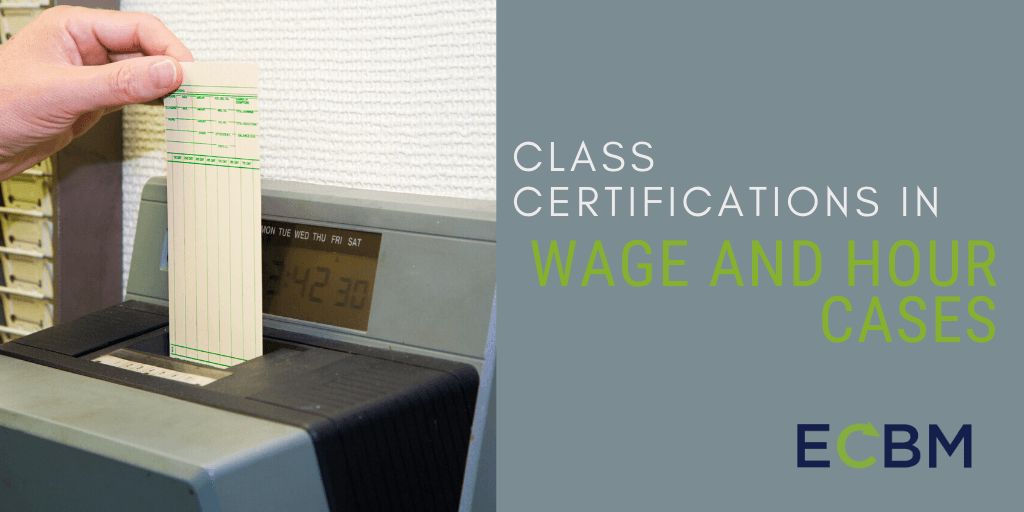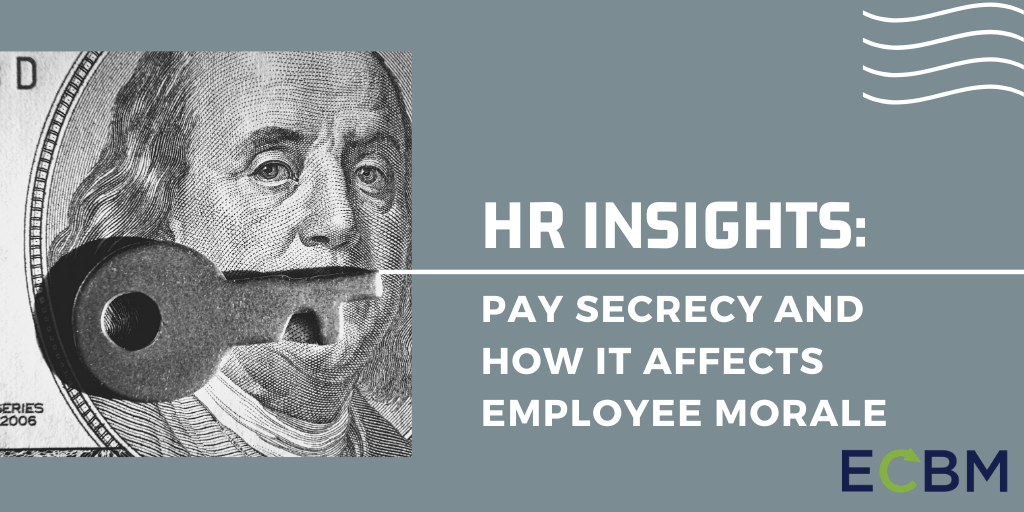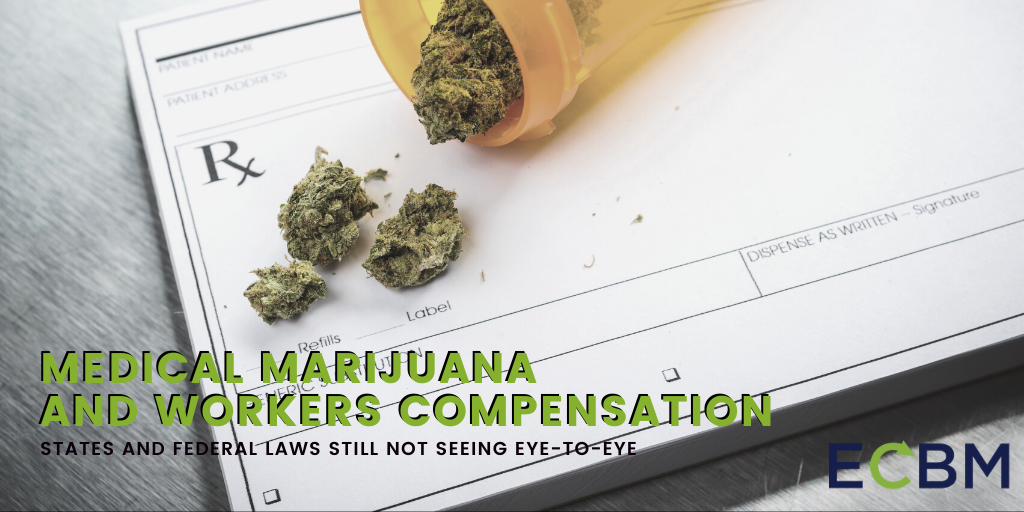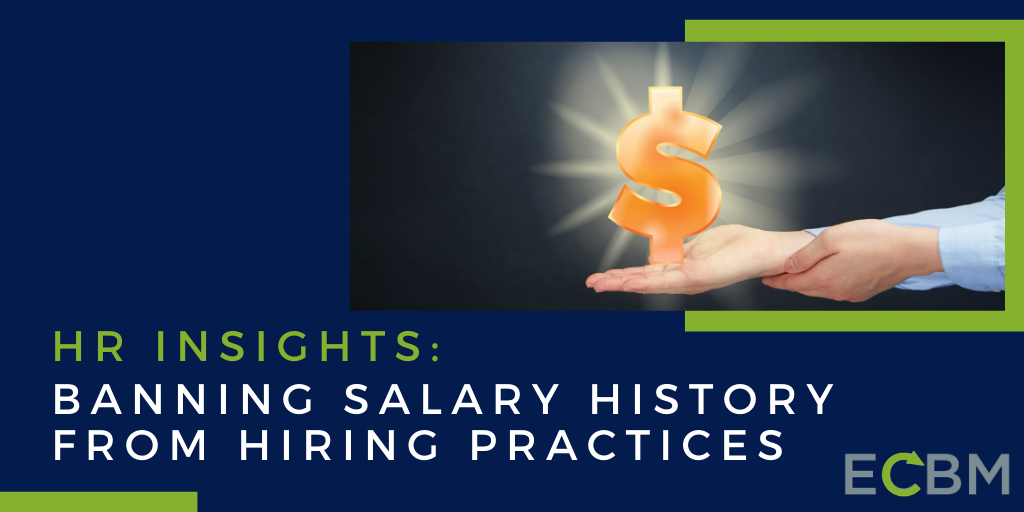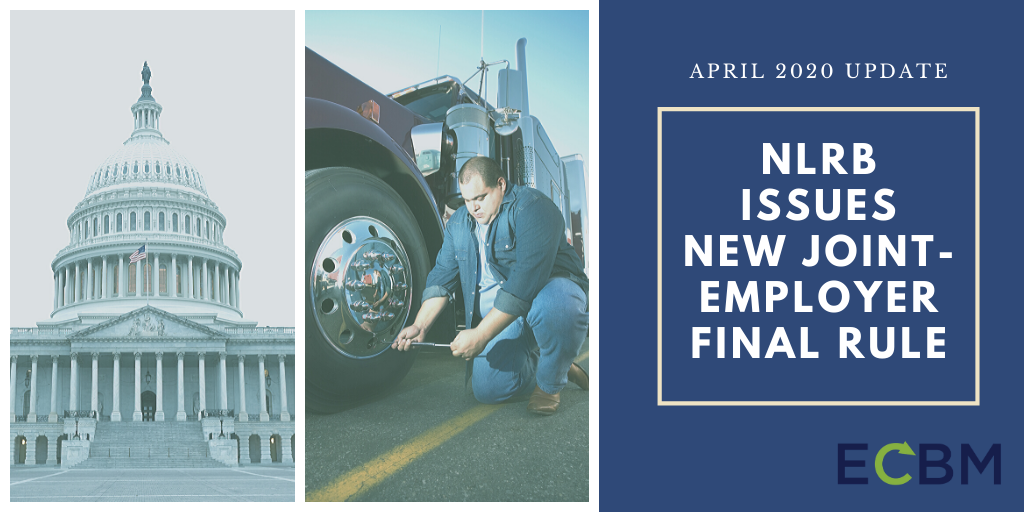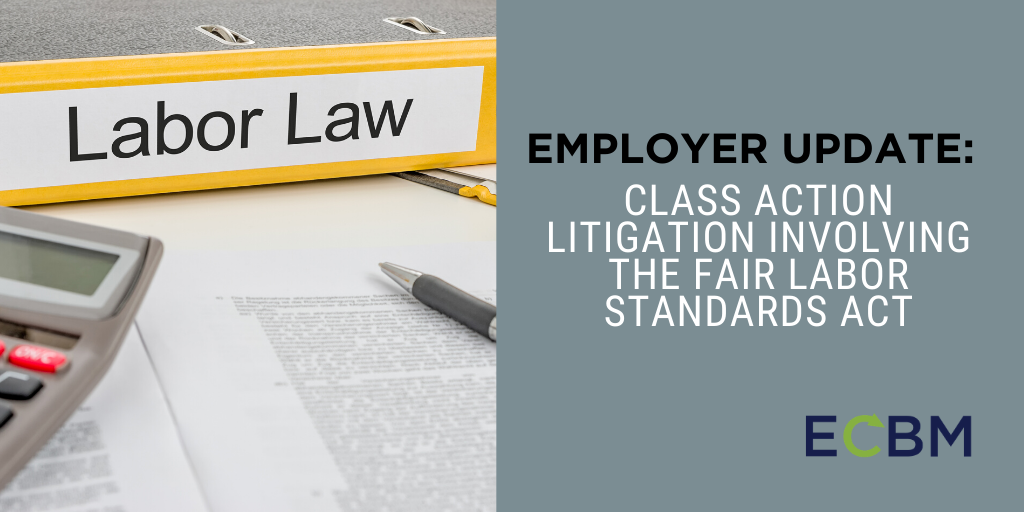Insurance Companies See Requirements And Requests For COVID-19 Relief
As COVID-19 sweeps through the country and does incredible damage to the health and well-being of many Americans, the virus has also caused significant economic damage. With so many cities ... READ MORE
Posted by ecbmadmin
Class Certifications In Wage And Hour Cases
Rules regarding class certification can sometimes seem obscure and obtuse. These rules can have a considerable impact on multi-million dollar litigation, however. Due to the high cost and ... READ MORE
Posted by ecbmadmin
HR Insights: Pay Secrecy And How It Affects Employee Morale
There are many reasons why an employer may want to prevent employees from discussing their wages, salaries, bonuses, or other compensation. Pay disparities - even if based on differences in ... READ MORE
Posted by ecbmadmin
NJ Wage Theft Act Updates: What You Need to Know
Employment-related legislation continues to be a hot topic around the country. A number of state legislators have passed aggressive laws aimed at impacting employer-employee relationships. ... READ MORE
Posted by ecbmadmin
How Governments are Handling Medical Marijuana
Medical marijuana is still a controversial subject in the field of employment, even as it becomes less controversial generally. Thirty-three states now provide for legal medical marijuana. ... READ MORE
Posted by ecbmadmin
HR Insights: Banning Salary History From Hiring Practices
State governments have started to take strong action against what they view as unfair employment practices. Legislatures are passing new laws about hiring practices quite frequently over ... READ MORE
Posted by ecbmadmin
NLRB Issues New Joint-Employer Final Rule
For the past several years, attempts at the federal and state level to clarify rules on joint employment situations have caused considerable heartburn and anxiety for employers. While ... READ MORE
Posted by ecbmadmin
Employer Update Class Action Litigation Involving the FLSA
No employer wants to face a class action lawsuit. Defending a class action lawsuit is an extremely costly endeavor, one where the legal fees begin mounting very early in the process. Such ... READ MORE
Posted by ecbmadmin
The Delicate Balance And Risks In Non-Compete Clauses
Employment contracts are different from most other types of commercial contracts. A host of unique rules apply to employment contracts. At the end of the day, though, they are still ... READ MORE
Posted by ecbmadmin



